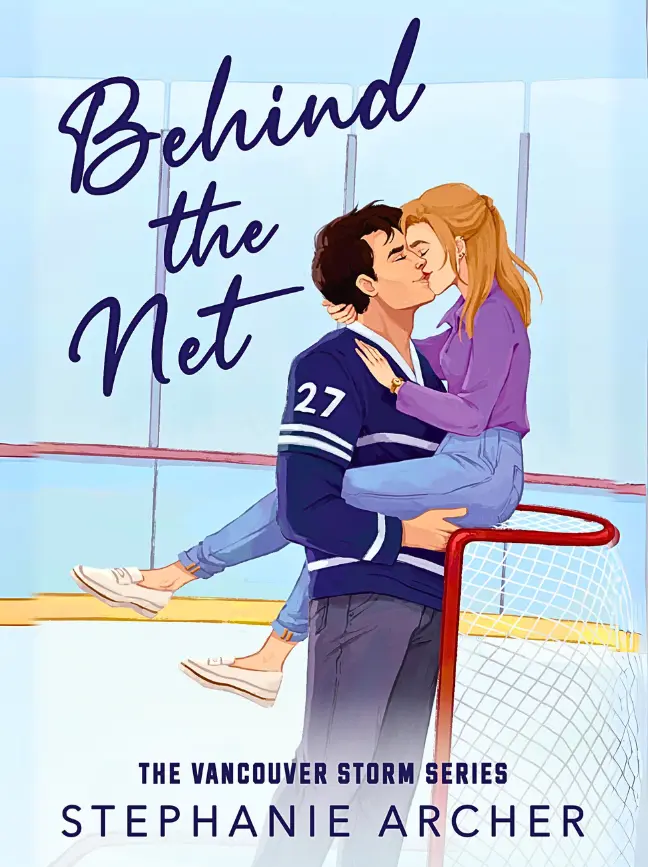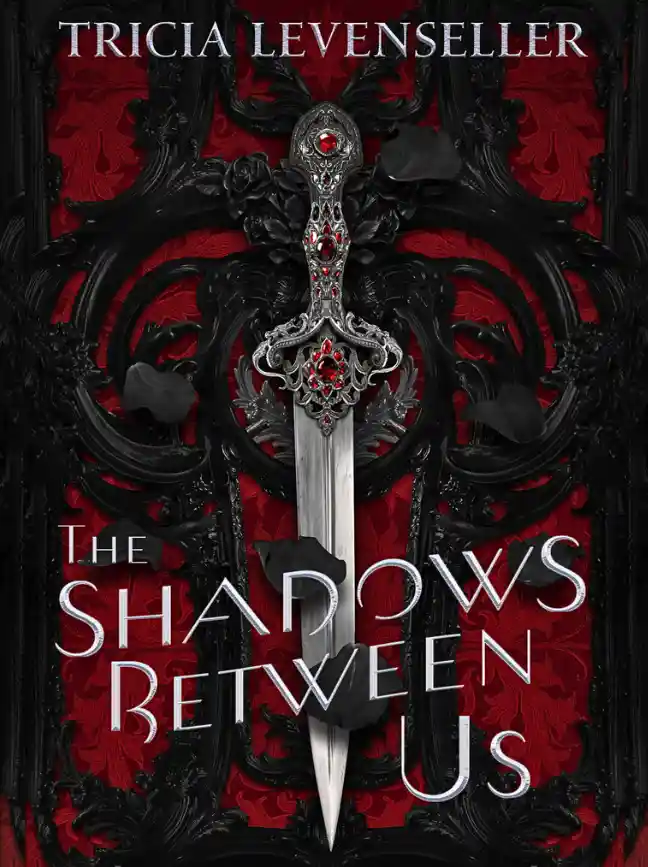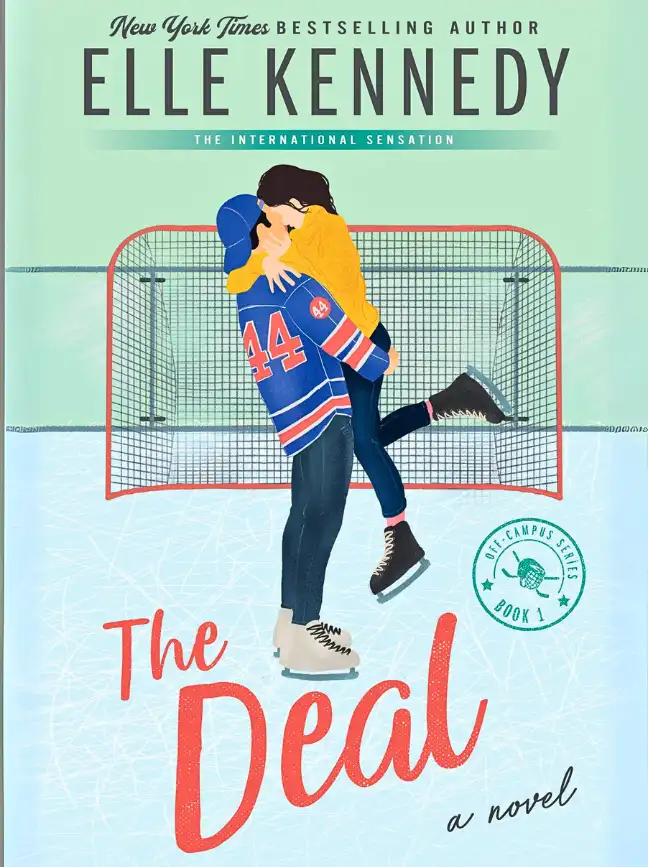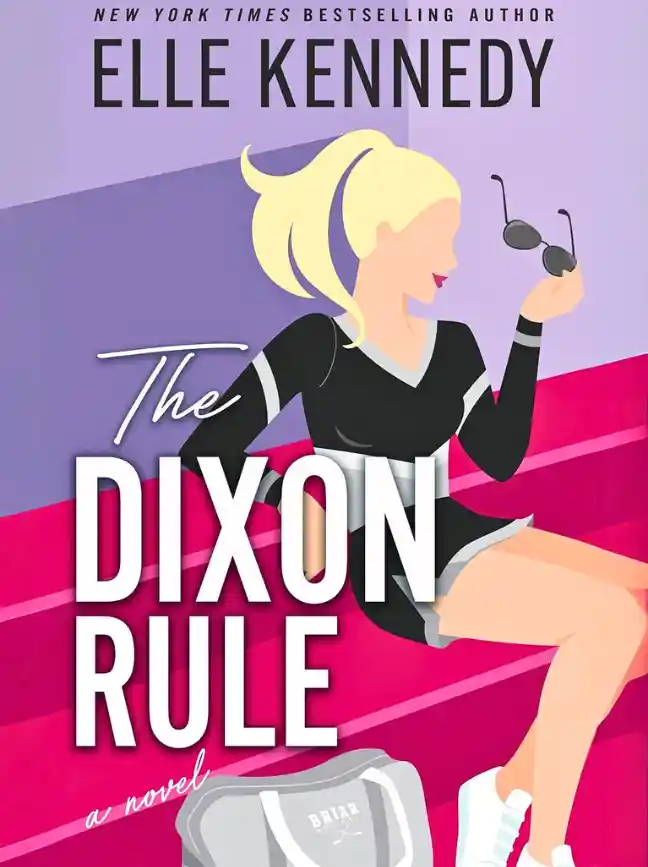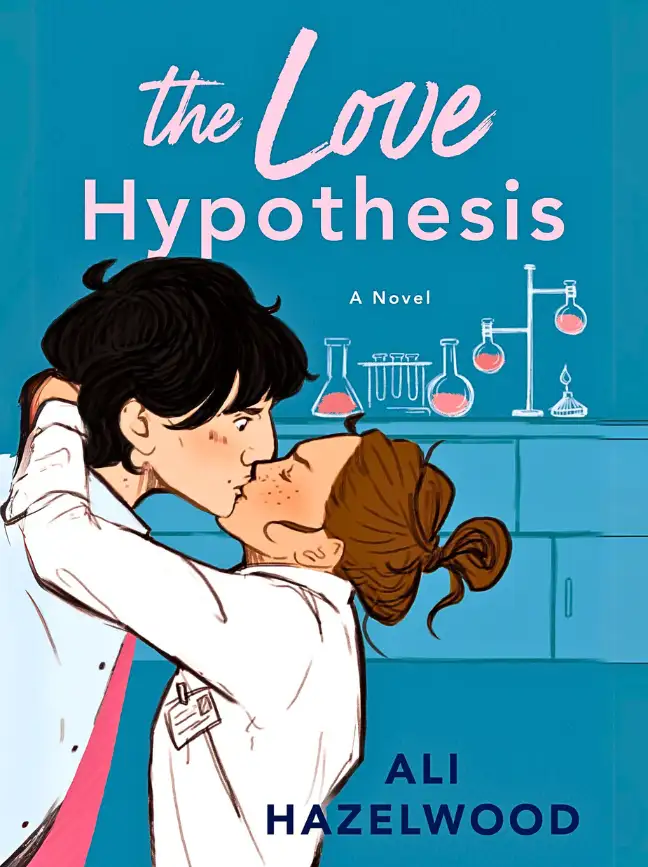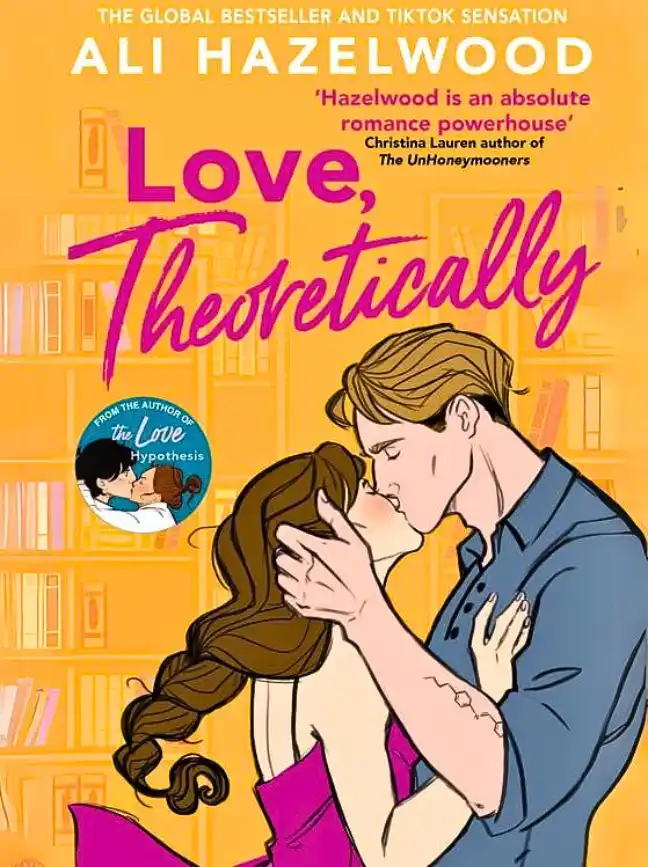Henry first held a gun in his hand when he was nine.
His father made him promise not to tell his mother. His uncle George was also there that day. They took him down to one of the lower fields, down by the river, to shoot rabbits.
Vermin, his father explained. Seven rabbits could apparently eat as much as a sheep. Hence they were a nightmare for the crops – also the vegetable garden. And their digging caused terrible problems for the livestock, too. Henry’s father said that as a child himself he had once seen a calf with a terrible twisted leg after it lost its footing in a rabbit hole. It had to be shot, of course, but it had suffered horribly, crying out in pain, until the gun could be fetched from the locked cabinet. Wretched rabbits . . .
Much was made, that first shooting lesson, about the rules and about safety. The licence and the law. Henry was told that he would be allowed to have a shotgun himself when he was a lot bigger, but only when he had proved that he could take responsibility and follow every single rule to the letter. It was both within the law and essential to keep the rabbits under control, but they were not allowed to shoot badgers so it was terribly important to be careful.
His dad and his uncle explained the safety sequence. No livestock. No public access. Only in daylight. Always check that there are no other shooters ahead of you. Make absolutely sure you know where everyone in the party is before you fire.
Lying in the grass, his father set up the gun for him and taught him how it should be fired. He was warned that it would kick back a bit into his shoulder and he should brace himself for that. But he would soon get used to it. They would take him to a shooting range and to clay pigeon shooting, too, to help improve his aim.
First shot and Henry was absolutely horrified. Complete fluke. Instant hit. The shock of seeing the rabbit sort of leap, then fall. His father’s amazement and immediate cock-a-hoop celebration were at complete odds with the feeling in Henry’s own stomach. He didn’t like to say, but a little bit of sick was suddenly in his mouth and he thought he might have to retch.
Well done, son. Seriously well done. A natural. My God, George. You see that? He has a natural eye.
These days the gun cabinet is in the small office alongside the boot room. It meets all the regulations, though Henry wishes he had opted for the model with a combination lock. His basic steel version has a key that he has to store separately. Technically he is not supposed to tell anyone where this is and he is supposed to change its location regularly. In practice, he has more than once forgotten its ‘new’ secret location, storming around the house and cursing at Barbara and the girls. So his current routine is to keep it in his sock drawer, inside an old pair of red rugby socks he never wears. Henry finds this easy to remember and tells himself a thief is unlikely to rummage through his socks.
Just occasionally there is some drama on the news about a child getting hold of a gun and Henry gets himself in a panic, checking the red socks.
Today, Henry rises early in the sparse sadness of the spare bedroom. Barbara insisted he moved out of their shared room the moment he got back from the police station. There was no formal arrest and the police are still checking out his new story, but with Barbara urging him to move out completely, Henry realises that he has made things worse, not better.
So what did they say, the police? Why was your car near the railway station? I thought you said you were drunk. Slept in the pub car park? Why the hell won’t you tell me what’s going on, Henry . . .
He looks at his watch. 5.30 a.m. He checks the bedside table drawer for the key, which he took from the socks last night while Barbara was making supper. He throws on the same clothes from yesterday, discarded on a chair, and puts the key in his right pocket. Then he draws the curtains, wincing at a sky much too beautiful for this day. This mood. This plan.
Henry listens to his breathing for a little while, staring out at the patterning of the clouds. Cirrostratus. His father taught him about clouds, too. Essential for a farmer to be able to read the clouds. Cirrostratus clouds are like thin, almost transparent sheets on a washing line. They mean rain is on its way, and he feels the familiar, involuntary pull inside. The need to crack on. Get going.
Henry heads downstairs, being careful to be as quiet as possible, avoiding the third step from the bottom, which creaks the loudest. He walks through the kitchen to the boot room, where Sammy is all bright-eyed enthusiasm, wagging his tail.
Henry feels a lurch in his stomach as he meets the familiar amber stare. He pets the dog’s head – stay – then heads through to the office, taking the key from his pocket. Henry chooses his oldest shotgun, takes ammunition from the back of the wooden filing cabinet in the corner (not strictly very safe but he has let things slip a little), relocks the steel cabinet and walks back
through to the boot room, where Sammy still stands, head tilted, waiting for permission.
‘No. Not today, boy. You stay here.’
The dog looks bemused. Ears back. He stands proud and moves slightly. ‘I said stay – you hear? Back in your bed. Now.’
Their eyes meet again and Sammy slinks back into his bed where he sits all beady-eyed, staring and panting, tongue lolling, as Henry leaves the room.
Outside it is cooler than he expected. Henry looks across to the little lawn opposite the drive, remembering once more the tents and the trampoline. The girls shrieking with laughter from a den in the bushes.
He remembers how Anna loved to be swung around by her legs in the middle of the lawn when she was very small. How sad he felt when she became too tall for it to be safe anymore.
You’re too tall. Oh, please, Daddy.
You’ll bang your head. I can’t.
He remembers the vigil, which had so surprised him. It was quite touching that so many people came. The candles. The singing. Barbara and Jenny standing with their arms linked together, too upset to join in. Their lips tight, so they would not cry.
He looks back up at the house, the curtains all drawn upstairs still, and moves as quietly as he can on the gravel to the adjacent barn. He uses the small side door, leaving the large double doors for the tractor bolted at both top and bottom. He moves into the far corner to sit in the midst of the spare straw bales from the vigil.
Henry places the gun on the ground and feels his heart rate increase. Is he afraid?
No answer comes back.
Instead, a whole album of images plays out in front of him. A pack of cards shuffled and spread. Barbara and him on their honeymoon. Such different people. The girls when they were tiny babies. Anna with her fair hair; Jenny so dark.
Henry wonders if his subconscious is trawling the sentimental memories so that he can convince himself to bottle out. But – no. Very soon the police will find out he was not sleeping in the car because he was drunk. Very soon they, and Barbara, too, will find out the truth.
And then a new thought.
You idiot, Henry.
They will hear the shot from the house. Damn. They will come and they will find him. And they will see. Maybe Jenny, first. Why on earth did he not think of this before?
Henry takes his phone from his pocket, trying to work out a strategy. He
could ring the police. Tell them to come. Yes. He could bolt the doors from the inside also, so the police will deal with it. Will this work? Or should he walk some distance from the house? Maybe up to the ridge?
But then someone else will have to find him. Some other poor innocent.
Only now does Henry truly realise that he has not thought this through at all.
Quickly he feels in his pocket for a scrap of paper. A pen? He finds nothing but some old receipts, a small piece of wire and an empty chewing gum packet.
He closes his eyes and feels the frown as he thinks of Anna’s friend Sarah and her pills. Did she think it through? Mean it? Did she write a note? How will he explain himself if he doesn’t leave a note?
Henry’s heart is now beating so very fast that his chest is actually aching. He sets the gun ready – cocking it first with two hands – and then places it back on the floor, pointing at his neck.
For some reason he is thinking of a television drama in which the make- up artist said they used liver to create the blood and the mess of a brain, to make it look realistic. He imagines that he has already pulled the trigger and wonders what it will be like. Nothingness? Or something else? Henry is not at all religious so he does not know what he expects. But he is surprised to find that he is worried about pain.
Henry moves the shotgun slightly to face the ceiling of the barn, and makes a decision. No paper and no note, so he will have to ring. Yes. He takes the phone in his right hand again to make the call to the police.
He has the number of DS Melanie Sanders programmed into the phone, and decides he will speak to her first. He likes her. She seems straight. Decent. So much nicer than the guy from the Met. He hears it ringing. One ring. Two. Three. He prays she will answer. Five. Six. His heart continues to pound as he closes his eyes tightly, praying it will not be some recorded message.


